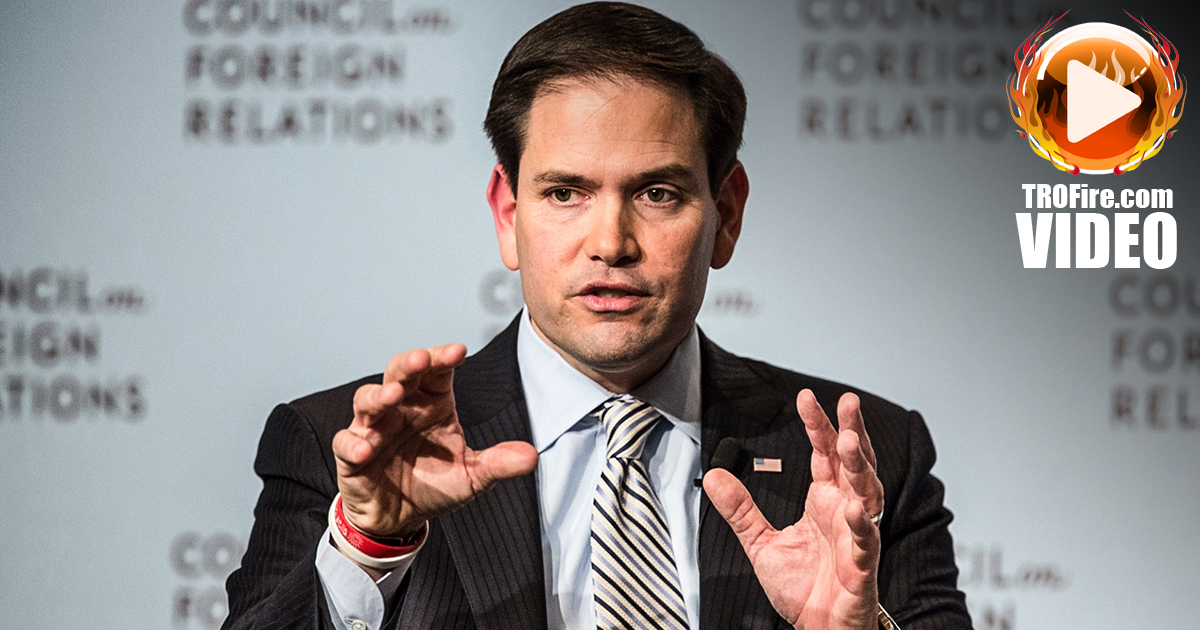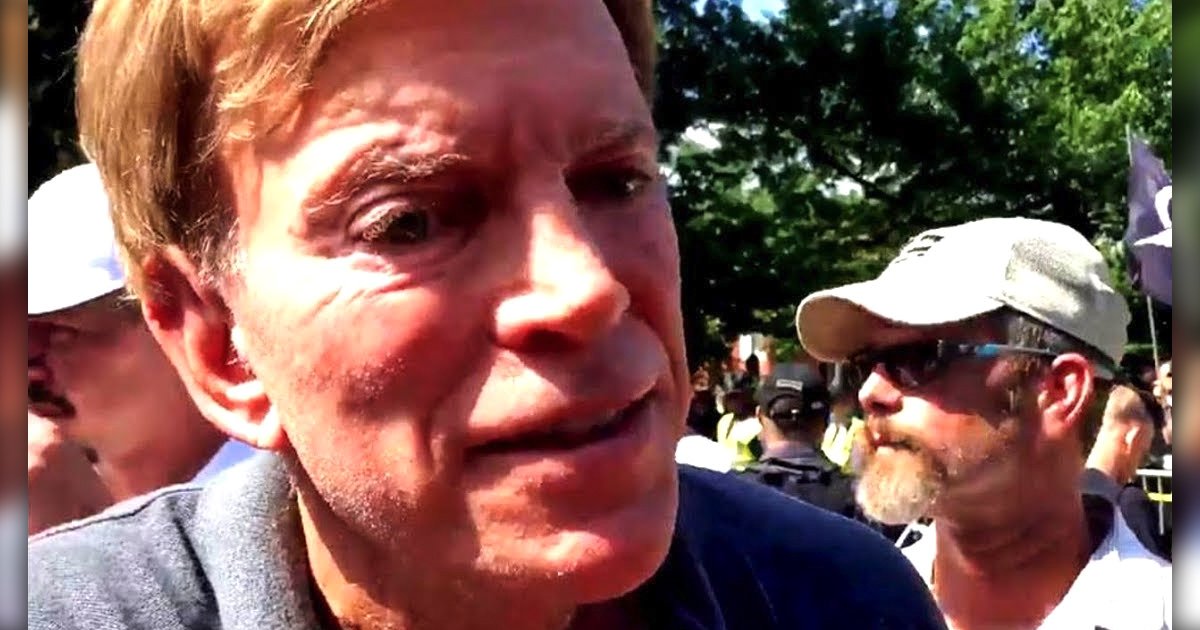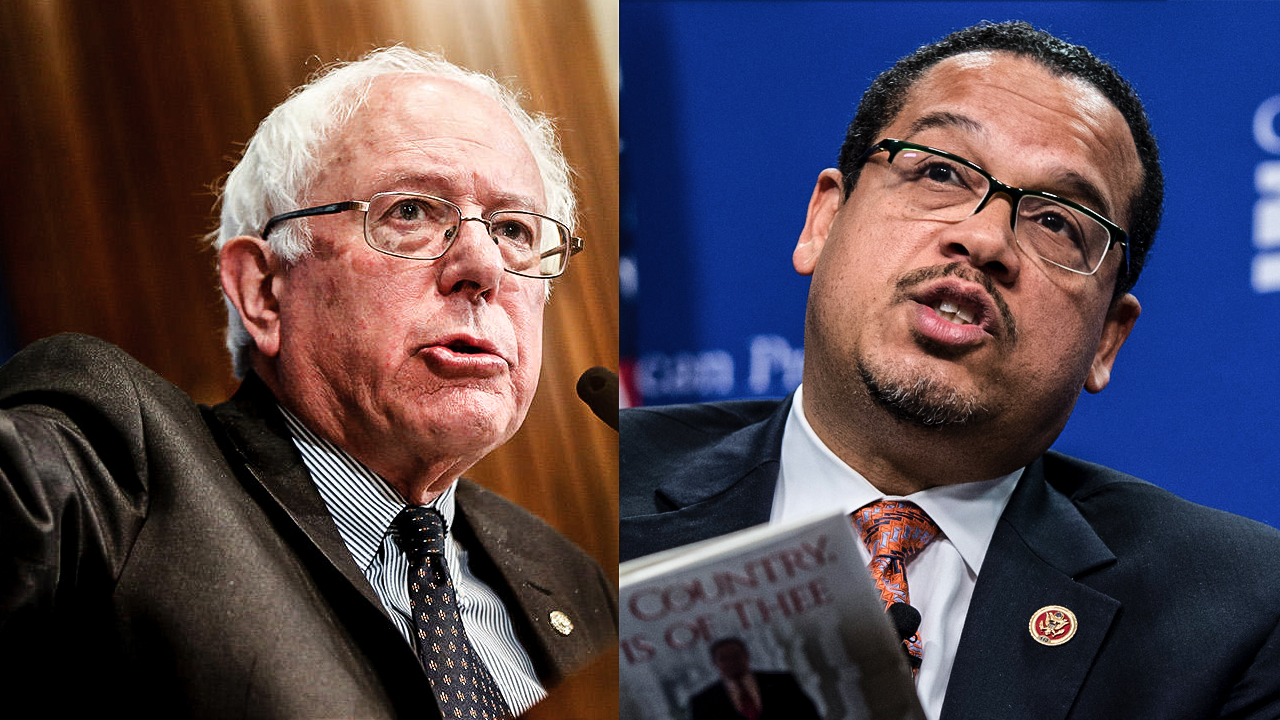According to former U.S. Treasury Larry Summers, unless Congress acts soon, the territory of Puerto Rico will descend into the kind of chaos and misery not seen since the days of Germany’s Weimar Republic. The federal government that contributed to the problems now facing Puerto Rico could take action to prevent a great deal of suffering – but the GOP-controlled Congress, true to form, could care less. Today, the island territory has two payments on its sovereign debt coming due, totaling $700 million – and government coffers are nearly empty. That sovereign debt is greater than Puerto Rico’s gross national product; fully 33¢ out of every dollar in tax revenue goes to debt service.
There is one way out for Puerto Rico – and that is to extend Chapter 9 bankruptcy protection to the island’s government. Under current U.S. bankruptcy law, Chapter 9 is available only to municipalities and county governments in the fifty states. Because of Puerto Rico’s territorial status, it is ineligible to declare bankruptcy under Chapter 9. In 2014, the Puerto Rican government attempted to pass its own legislation that would have allowed its public industries to file for bankruptcy protection, keeping vital services running while those debts are restructures. However, three major Wall Street investment firms brought a federal lawsuit in order to have the law struck down. It was a moot point; since bankruptcy is governed by federal statutes, states and territories cannot create their own bankruptcy law – which was the reason that a federal judge nullified Puerto Rico’s Debt Enforcement and Recovery Act.
In response, the Obama Administration has been asking Congress to take action. Earlier this year, Puerto Rico’s Congressional delegate, Pedro Pierluisi, sponsored the Puerto Rico Chapter 9 Uniformity Act of 2015. The bill would amend Title 11 of the U.S. Code to allow Puerto Rico’s government to seek Chapter 9 bankruptcy protection; in essence, the commonwealth would be treated as a county or city government under federal bankruptcy statutes. It would allow for an orderly restructuring of Puerto Rico’s sovereign debt as the island’s government worked to get its finances in order.
As of November 2, the bill had 30 co-sponsors in the House of Representatives (29 Democrats and 1 Independent). In addition, the bill has two powerful advocates: Former Treasury Secretary Summers and the Honorable Judge Steven Rhodes, who presided over Detroit’s Chapter 9 proceeding in 2014. Although Detroit’s estimated $18-20 billion debt is less than a third of Puerto Rico’s, it was the largest municipal bankruptcy in U.S. history. Judge Rhodes has been urging Congress to pass the law, warning that Puerto Rico “is going to run out of money very soon…it is suffering a liquidity crisis, and I’m not sure it will have any choice in the issue of default.” An article in Caribbean Business adds, “There’s no reason to force Puerto Rico to undergo this process without Chapter 9 protection,” pointing out that “without bankruptcy relief, Puerto Rico will face a chaotic future.”
Puerto Ricans will not be the only ones facing that chaotic future. 20% of the U.S. $3.7 trillion bond market is invested in Puerto Rican securities. Should Puerto Rico default on its obligations, it could have serious implications for investors at home, regardless of whether or not they hold such bonds. Investors holding significant amounts of Puerto Rico securities would be getting some very bad news, come January.
Puerto Rico’s situation has been brought about by numerous factors. A large part of it had to do with sixty years of U.S. government policy that gave with one hand and took away with the other. “Operation Bootstrap,” started shortly after the end of the Second World War, offered federal tax incentives for business, encouraging investment that would diversify Puerto Rico’s economy and provide jobs. Later, with the introduction of free trade agreements in the 1990s, the same companies that had benefited from U.S. tax policy moved to low-wage countries at the same time that tax incentives were being phased out. This in turn has reduced Puerto Rico’s tax base. Add to the mix Puerto Rico’s dependence on volatile oil and food imports as well as corruption among officials in charge of public industries, and it becomes apparent how the commonwealth came to its current predicament.
Despite all of this , the chances of H.R. 870 being passed and enacted into law are exactly zero. This analysis comes from GovTrack.com, an educational website designed to help the public keep up with vital issues. That conclusion is not surprising, considering the current power of the GOP. Unfortunately for the Party of the 1%, should Puerto Rico go into default, Wall Street firms that have profited from the crisis by pushing risky Puerto Rican securities on to investors will most certainly attempt to collect their pound of flesh in the courts.
However, even Wall Street is likely to find that it can’t get blood from a turnip. One recent proposal involves a “debt exchange,” in which the Internal Revenue Service would collect outstanding taxes and hold those funds in an escrow account – allowing the Puerto Rican government to issue new bonds, backed by the U.S. Treasury. However, most of those Wall Street firms have serious doubts about the plan, which smacks of the unpopular taxpayer-funded bailout of Wall Street in 2008 – and could possibly lead to years, even decades of litigation.
While Puerto Rico’s future remains uncertain, there is one thing to be sure of: if its economy collapses, the effects will be felt far beyond the island’s shores.




